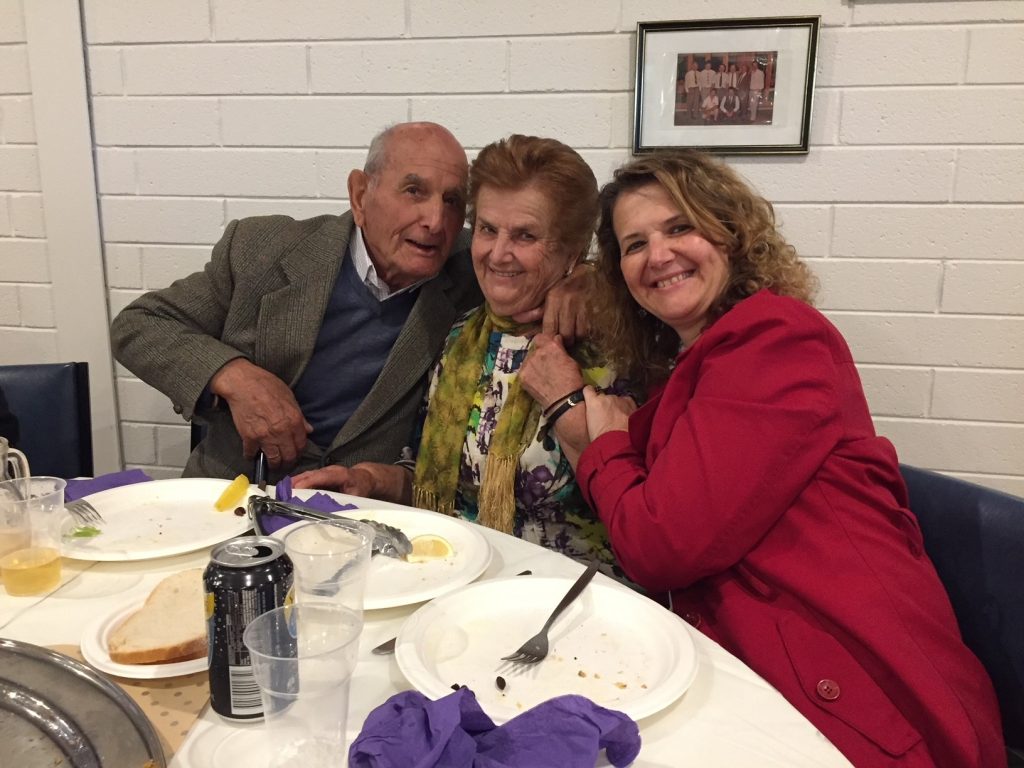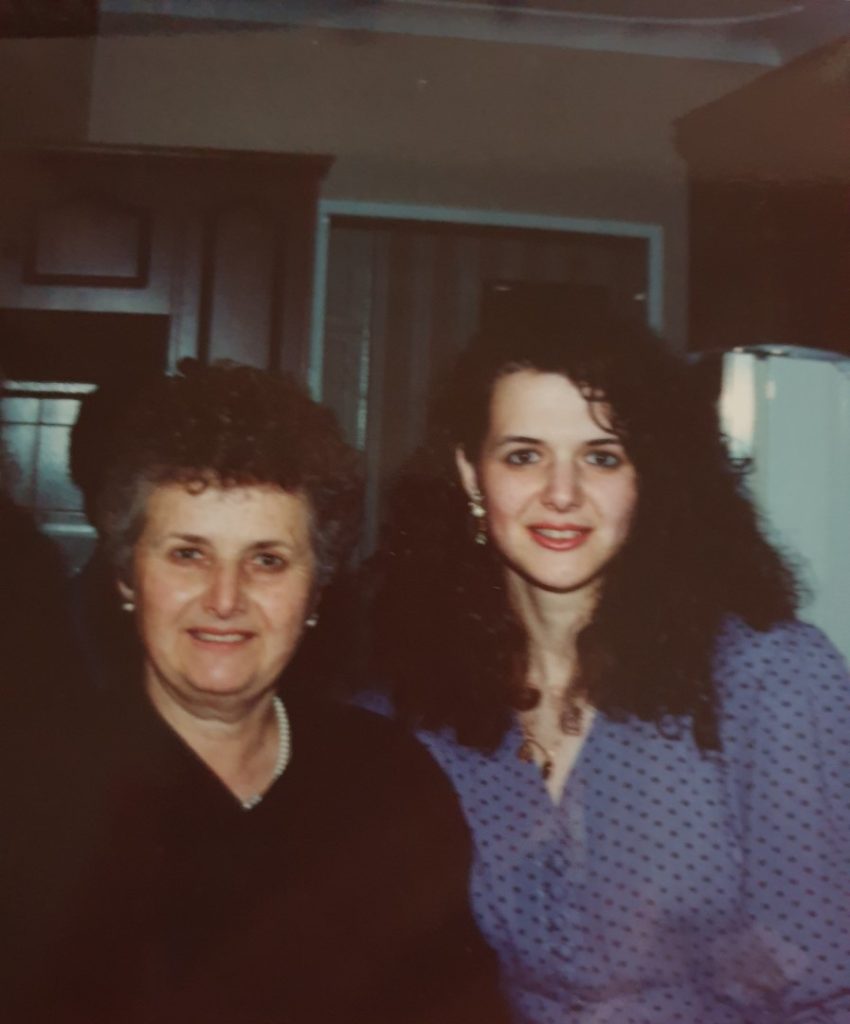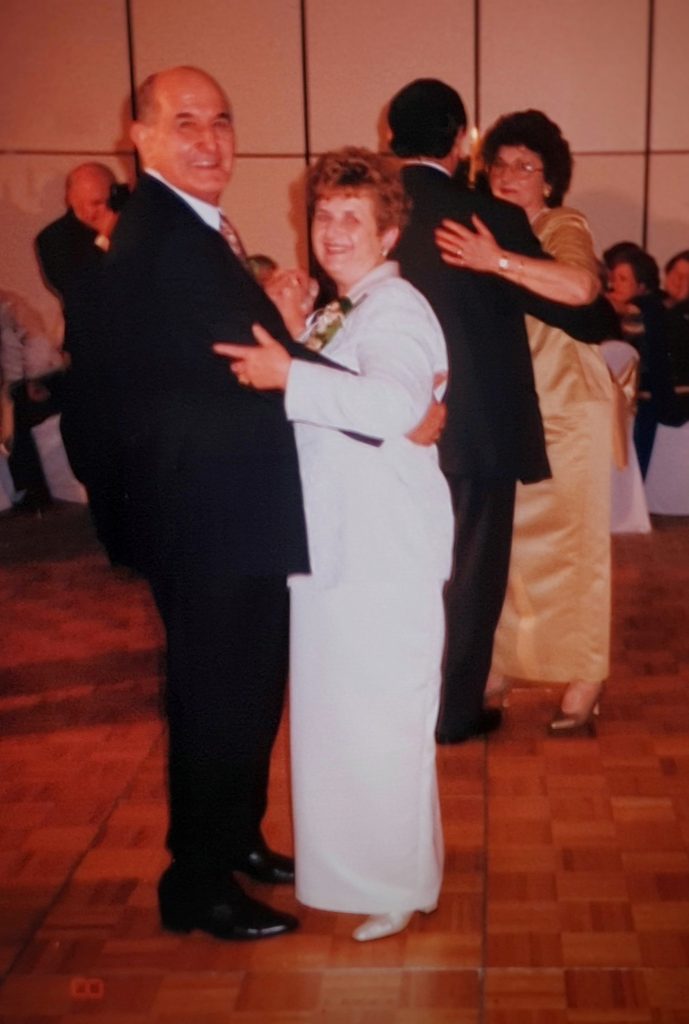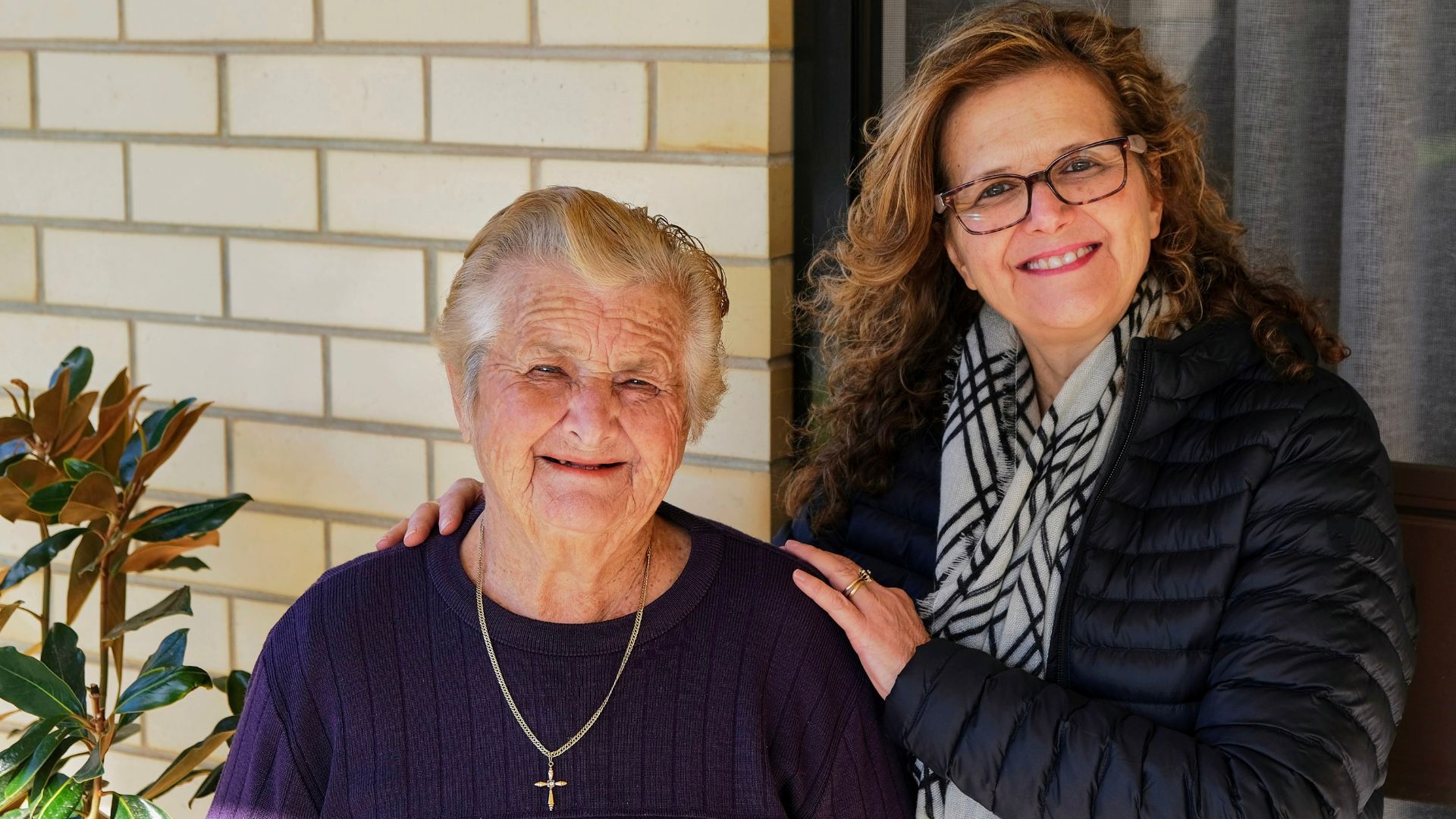By Martina Simos
When elderly Greeks are resistant to being placed aged care facilities, their adult children have to make decisions on how they will be cared for.
Yvonne from Adelaide, South Australia, spoke to The Greek Herald about her family’s decision to support her ageing parents, Nick and Helen, in their home.
In 2018, Yvonne, her husband Nicholas and son Jamieson moved back to the family home. It was, she said, the ‘right’ thing to do.
“We wouldn’t say that it was a hard choice, more so we knew that it was the right decision,” she said.
“The ‘hard’ part was acknowledging that we were going to be living a different type of life than what we had been used to.”
Her elderly father Nick had onset dementia with constant mini seizures affecting how he interacted with people. To watch him change from a happy and social person to one who became argumentative was difficult for the whole family.

“I recall the time that I left the house, drove to the beach and broke down and sobbed for hours. Then having to compose myself in order to come back home and start the routine all over again,” she said.
Despite working full-time, Yvonne drove her parents to appointments and assisted with chores – shopping, cooking, cleaning, washing, ironing and organising their medications. Support also came from her husband Nicholas, who helped with medical emergencies – and there were many.
Nicholas would take his in-laws to the emergency department and stay on for interpreting and support. Often, he would stay at the hospital all night, drive his mother-in-law home and then go to work.
“There were also times where mum would call my husband at work (as he worked closer to home) to say that dad had fallen over in the back yard and she couldn’t get him up,” Yvonne said.
“Nicholas would have to leave work to come home, help get dad back into a chair, make sure he was okay and then go back to work.”
On 17 October 2019, Yvonne’s father passed away at the age of 94 and the family are now looking after her mum. Within weeks of her father passing, her mother’s behaviour changed. They noticed Helen was forgetting, not remembering recent events and conversations.
Late last year, Helen, 87, was diagnosed with Alzheimer’s disease and displayed changes in her cognitive and social behaviour. She finds it difficult performing familiar tasks, misplaces items, has left pots cooking unattended and has difficulty planning or making decisions.

“Mum is my best friend,” Yvonne said.
“But I lost that special bond when Alzheimer’s took over. I grieved for months over that course of change.”
Yvonne found working full-time and supporting her mum was wearing her down. At times she would leave her job, which was 45 minutes away, pick up her mum, take her to appointments, take her home again before returning to her workplace and working till late to make up the time lost.
“I started to feel physically, mentally, and emotionally exhausted, where I neglected my own physical and emotional wellbeing,’’ she said.

“I felt so overwhelmed, stressed and guilty that I was in and out of the office frequently, I felt that I was on a constant treadmill and I couldn’t come off.”
Although Yvonne had dropped to working four days, it was still too much so she resigned, found a part-time role closer to home and began to look into in-home support through an aged care package.
Despite the journey, Yvonne is proud that this experience was a factor that influenced her son Jamieson to study counselling to help others in the mental health field. Jamieson was 16 when they moved in her with her parents and he also pitched in to help.
“Jamieson feels tremendously honoured and humbled that he has been blessed with the opportunity to care for his grandparents in the same way they looked after him,” Yvonne said.
“He wants younger people to know that there is no greater blessing than to care for those around us, especially family.”

